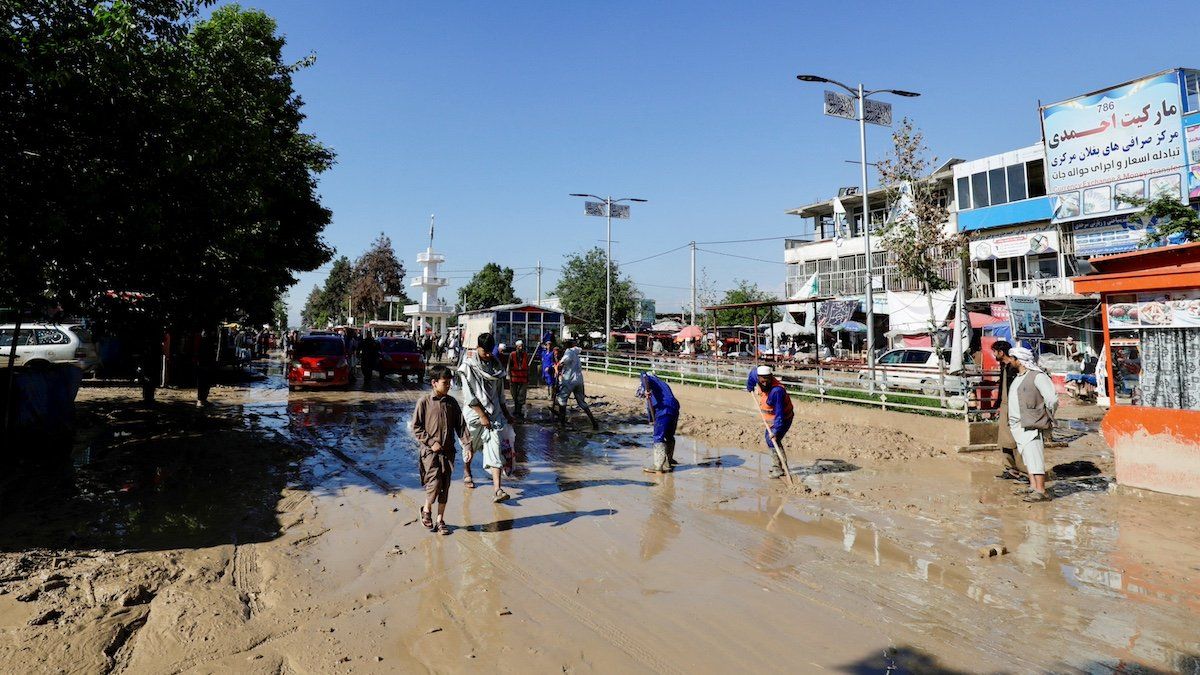315: At least 315 people in northern Afghanistan have died in severe floods that also injured over 1,600 others, wiped out thousands of homes, and devastated livestock herds that feed the region. Aid agencies expect chaos. It’s been a bad month for floods worldwide — similar inundations in southern Brazil and Kenya have killed hundreds in recent weeks.
4: Lawyer and journalist Zhang Zhan has been released from prison in China four years after being detained for her reporting on the government’s draconian response to the COVID-19 outbreak. In jail, Zhang’s health suffered severely, with her weight dropping to below 90 lbs at one point. Her former lawyer says Zhang will either be returned home or sent somewhere to do a few months of “soft prison” time while cloistered from the rest of the world.
9: Candidates from nine parties competed for seats in local elections in the wealthy, independence-leaning Spanish region of Catalonia on Sunday, and the Socialist candidate supported by Prime Minister Pedro Sanchez is expected to squeak out a win. If no party wins a majority outright, the Socialists will likely need to hammer together a coalition to maintain control.
2: Students walked out on two major commencement speakers this weekend. Dozens of Duke graduates turned their backs on comedian Jerry Seinfeld, and Virginia Commonwealth University grads gave the same treatment to Gov. Glenn Youngkin. In addition to the walkouts, several more campuses saw major demonstrations surrounding their commencement activities.
591: Swiss pop star Nemo scored 591 points with his performance of “The Code” at the
Eurovision finals on Saturday, becoming the first nonbinary person to win the world’s premiere pop-cum-politics event. The real surprise, however, was the unexpected support for Israel’s entry, which wound up in 5th place despite pro-Palestinian protests outside the venue.
